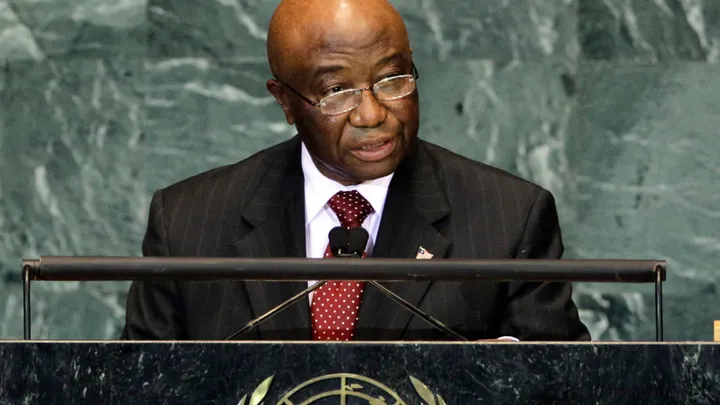In a historic move, Liberia has established a war crimes court to address the grave injustices committed during its brutal civil wars from 1989 to 2003. President Joseph Boakai, acknowledging the deep scars left by the conflict, signed an executive order to facilitate justice and healing for the victims. This court aims to confront a history of mass killings, sexual violence, and the use of child soldiers that has haunted Liberia for decades.
Historic Legislation
Milestone for Justice
After years of anticipation, the Liberian parliament and senate have passed crucial legislation authorizing the creation of a war crimes court. This court is a response to international and local cries for justice from a country scarred by back-to-back civil wars that claimed approximately 250,000 lives. President Boakai, supporting the legislation, emphasized the need for healing and justice to restore peace and harmony in Liberia. Remarkably, some lawmakers who might face prosecution also endorsed the bill, highlighting a significant shift towards accountability and reconciliation.
International Support and Challenges
Global Backing for Local Justice
The international community, led by figures like Beth Van Schaack, the U.S. envoy for global criminal justice, has shown readiness to support Liberia’s quest for justice, conditional on the proper establishment of the court. Funding and technical assistance offers from global donors are contingent on Liberia outlining a clear and practical framework for the court’s operations. This section underscores the balance between international support and the sovereign responsibility of establishing a court that meets global judicial standards.
Voices of the Victims
Echoes of Demand for Justice
Victims and human rights activists have been the cornerstone of the push for a war crimes court. Their relentless advocacy stems from the failures of a 2009 truth and reconciliation commission, whose prosecution recommendations were initially ignored. Their plight and persistence were crucial in shaping the political narrative that helped President Boakai win the presidency, signifying the public’s demand for accountability and the rule of law.
Notorious Perpetrators and Legal Precedents
Facing the Past
The legislation not only revisits the dark chapters of Liberia’s history but also puts notable figures like ex-warlord and current Senator Prince Johnson under the spotlight. Johnson, despite his notorious past involving alleged killings and torture, supported the resolution, reflecting a complex layer of Liberian politics and the quest for justice. The section also references international cases, such as Charles Taylor’s conviction, setting a precedent for what Liberia aims to achieve domestically.
The establishment of a war crimes court in Liberia represents a crucial step towards acknowledging and rectifying the horrors of its civil wars. As the country grapples with its past, the support from international donors and the commitment of its leaders to uphold justice reflect a promising path toward recovery and stability. This initiative seeks to deliver justice to the victims. It aims to restore faith in Liberia’s institutions and establish a lasting peace built on the foundations of accountability and the rule of law.







